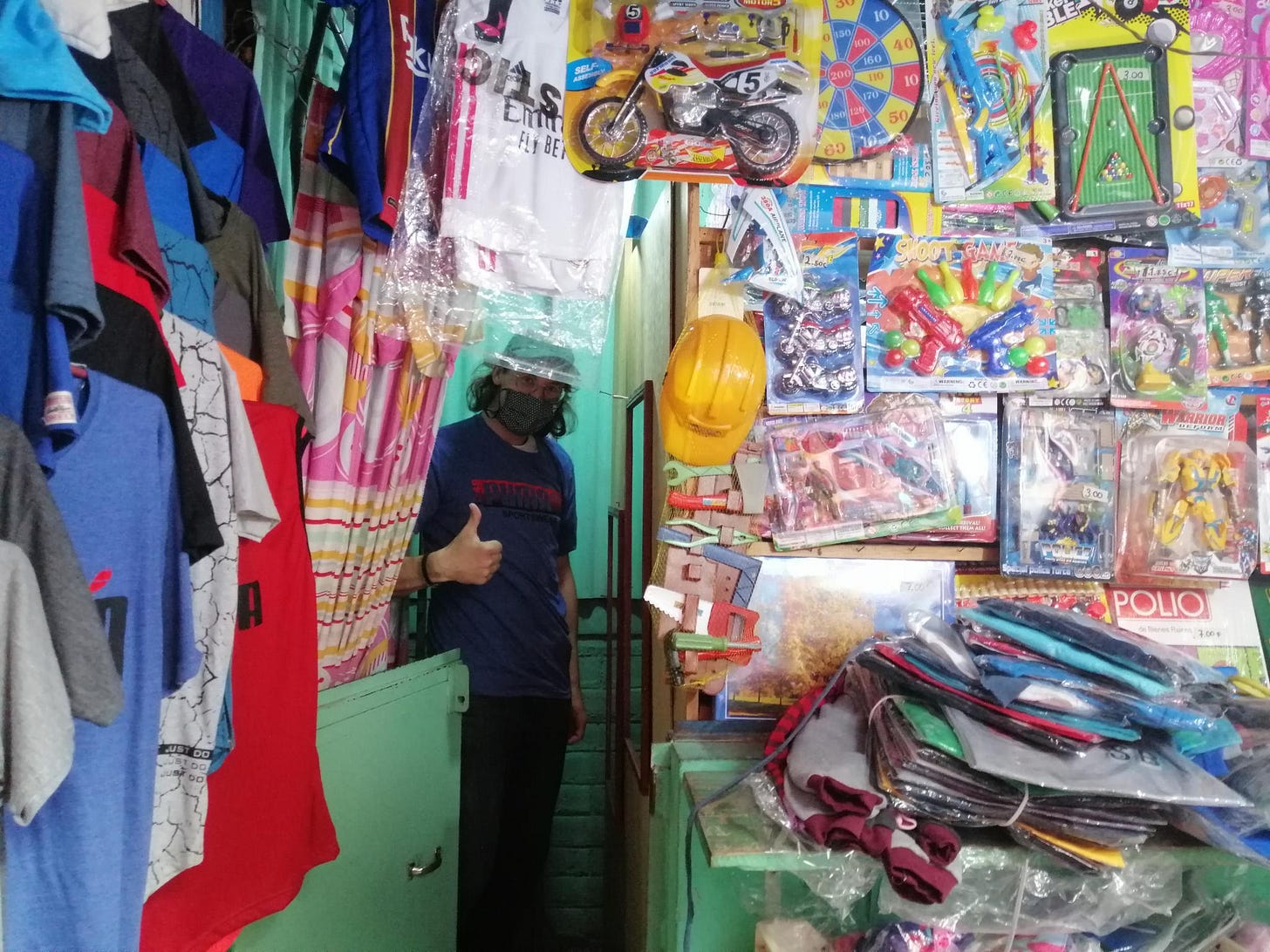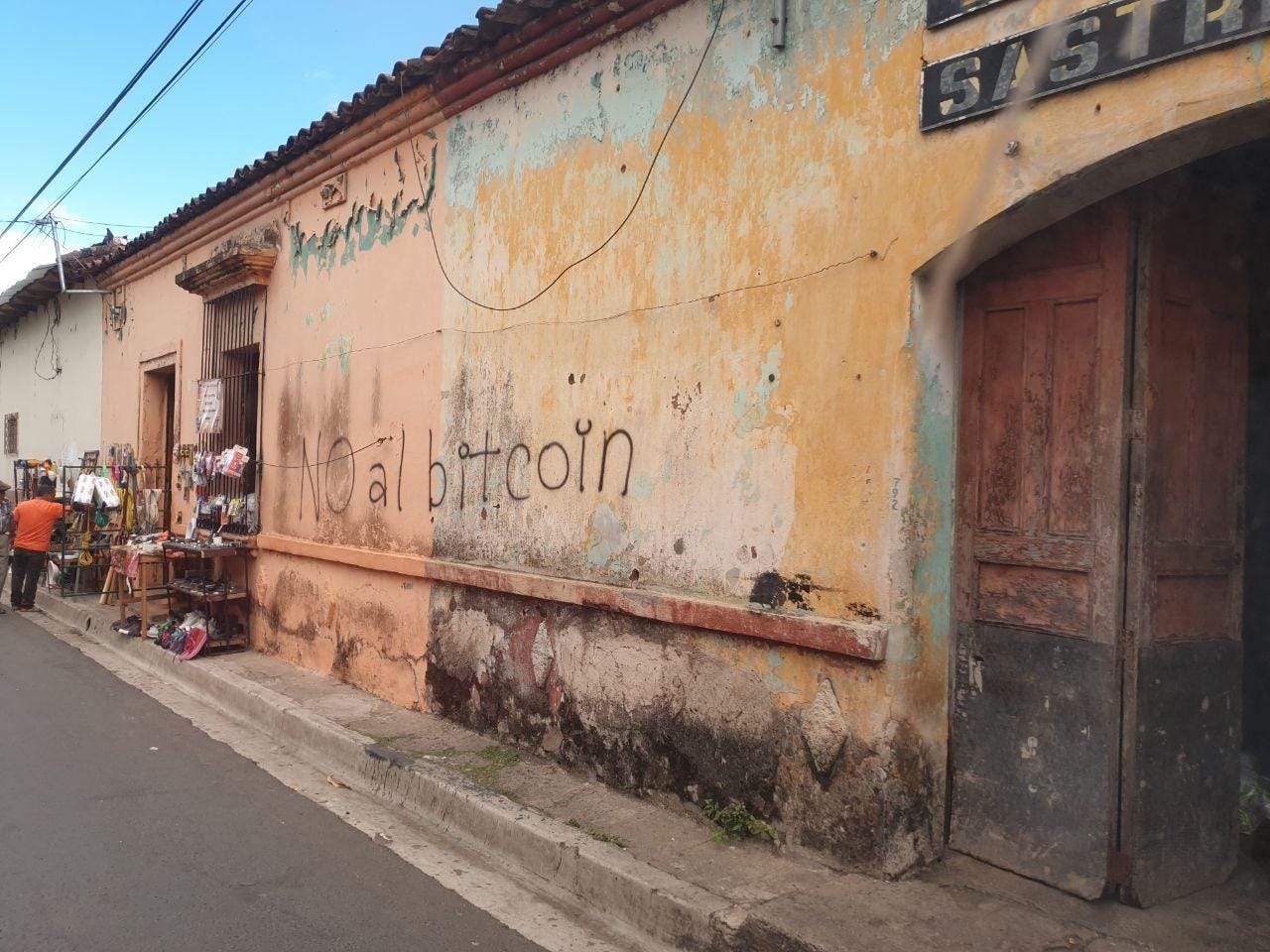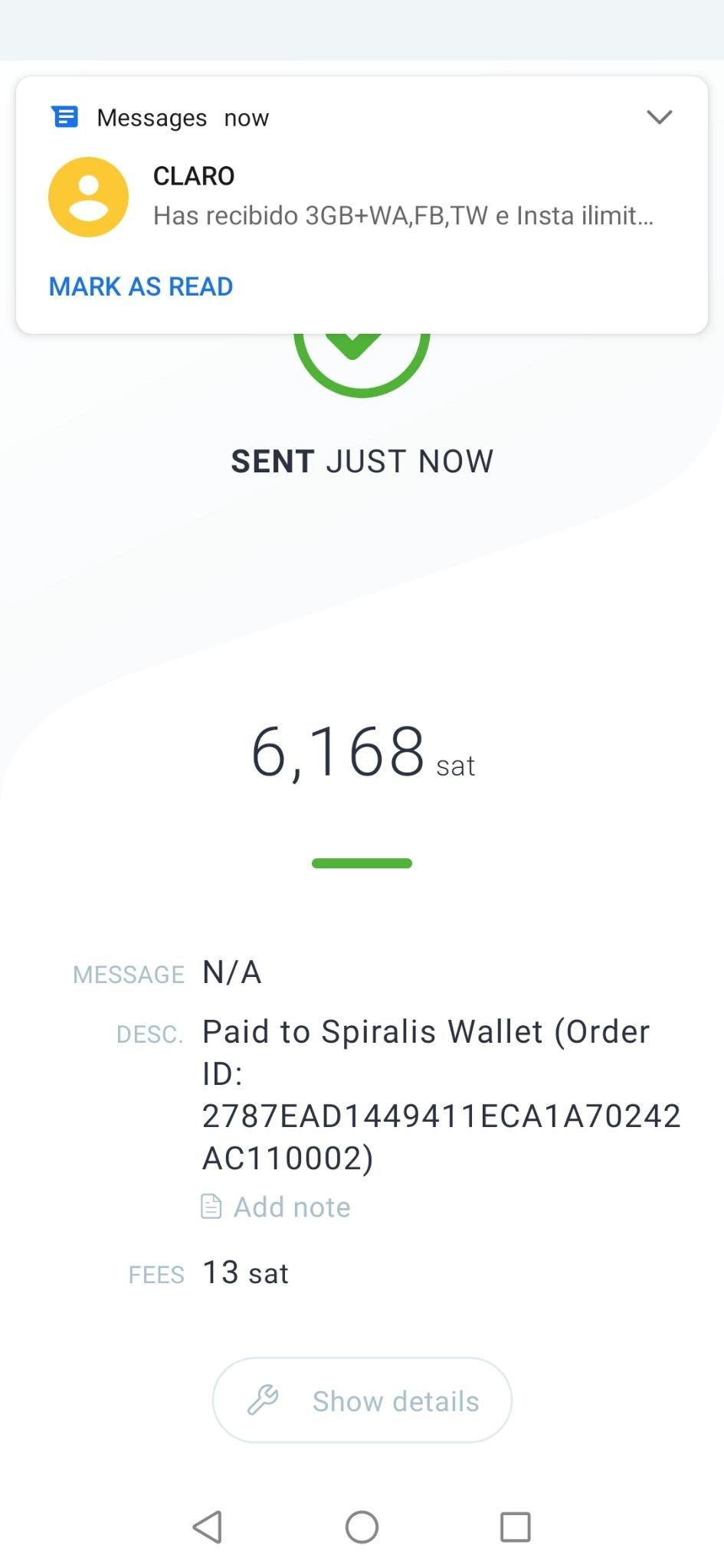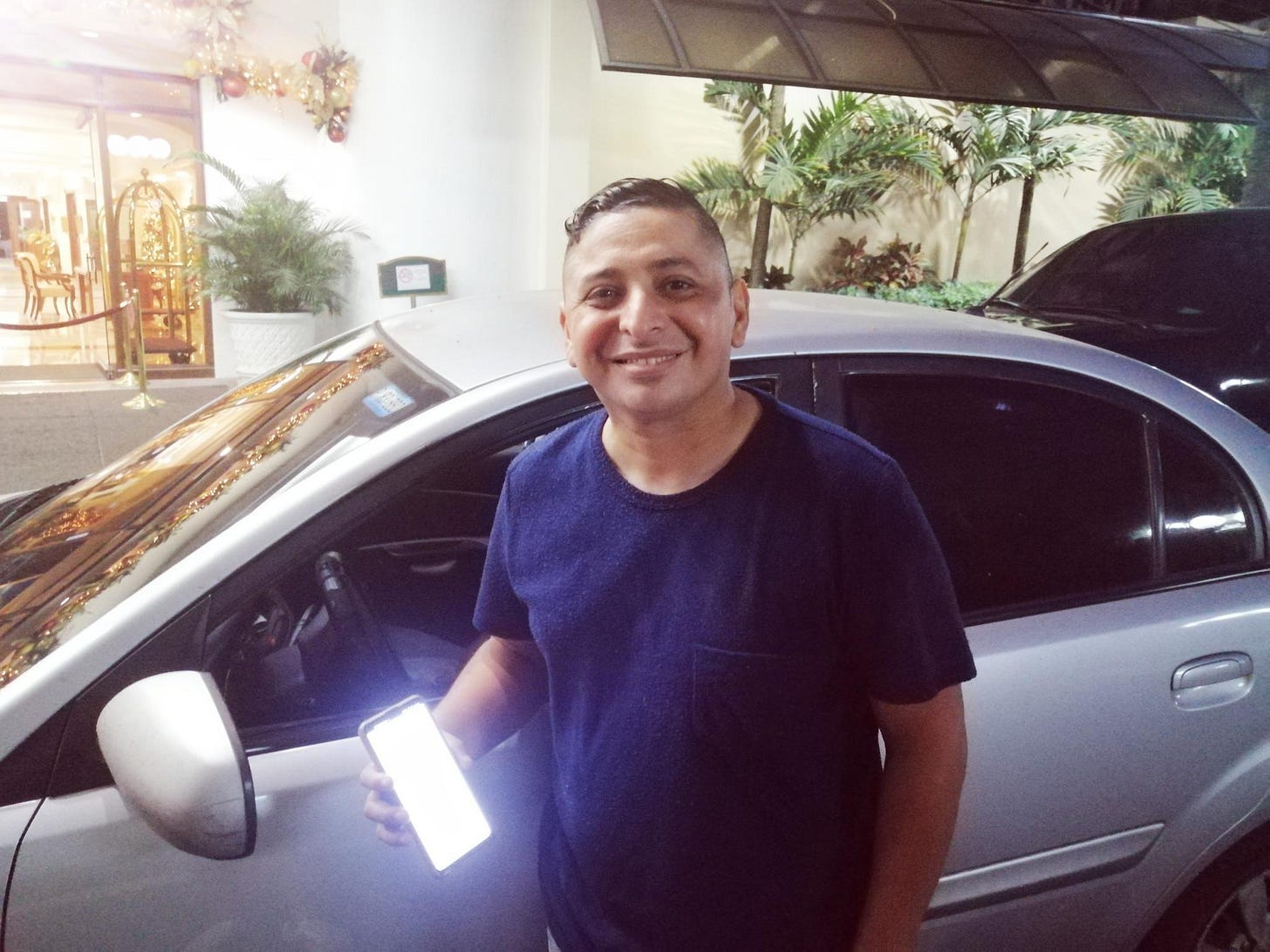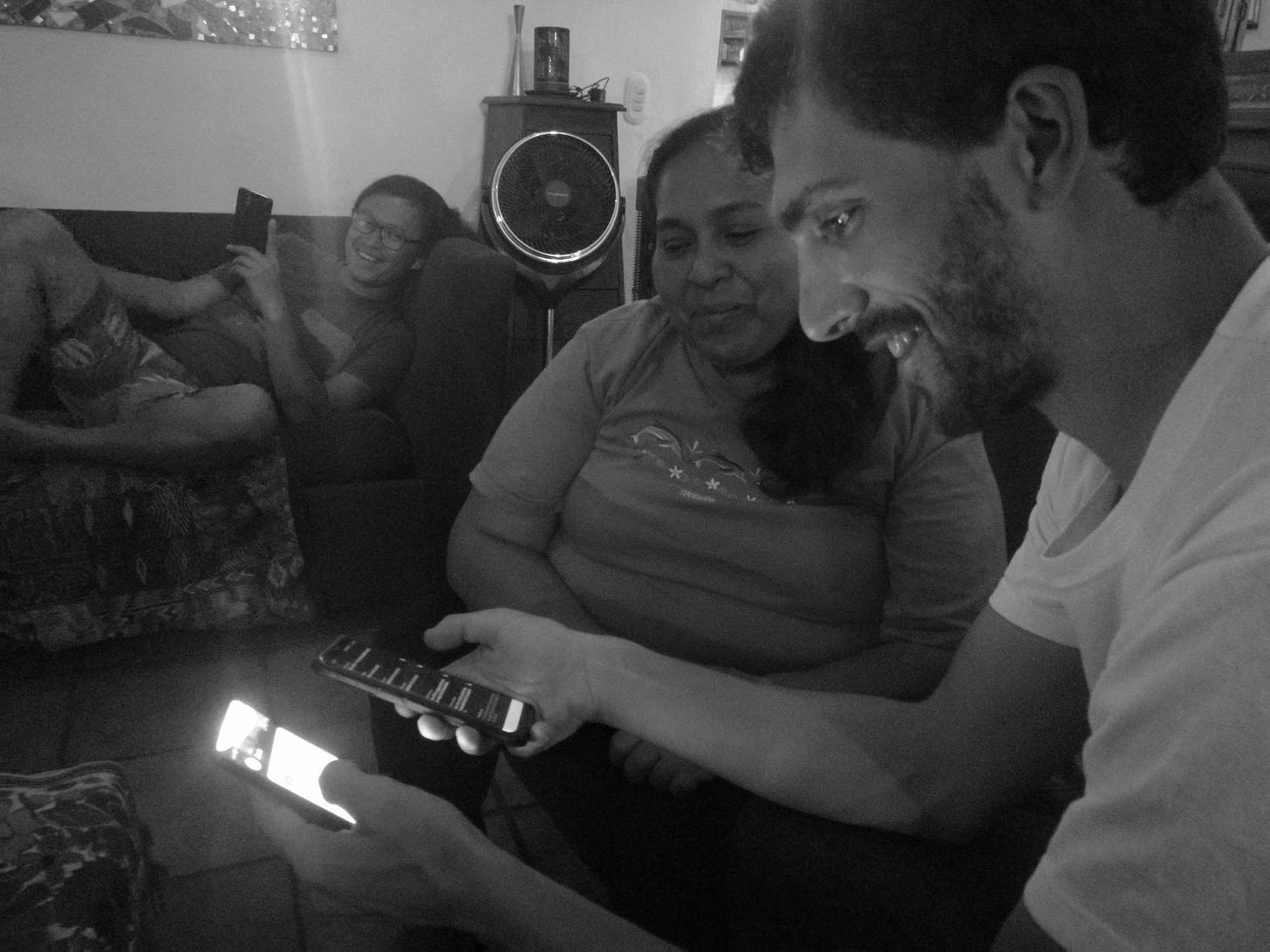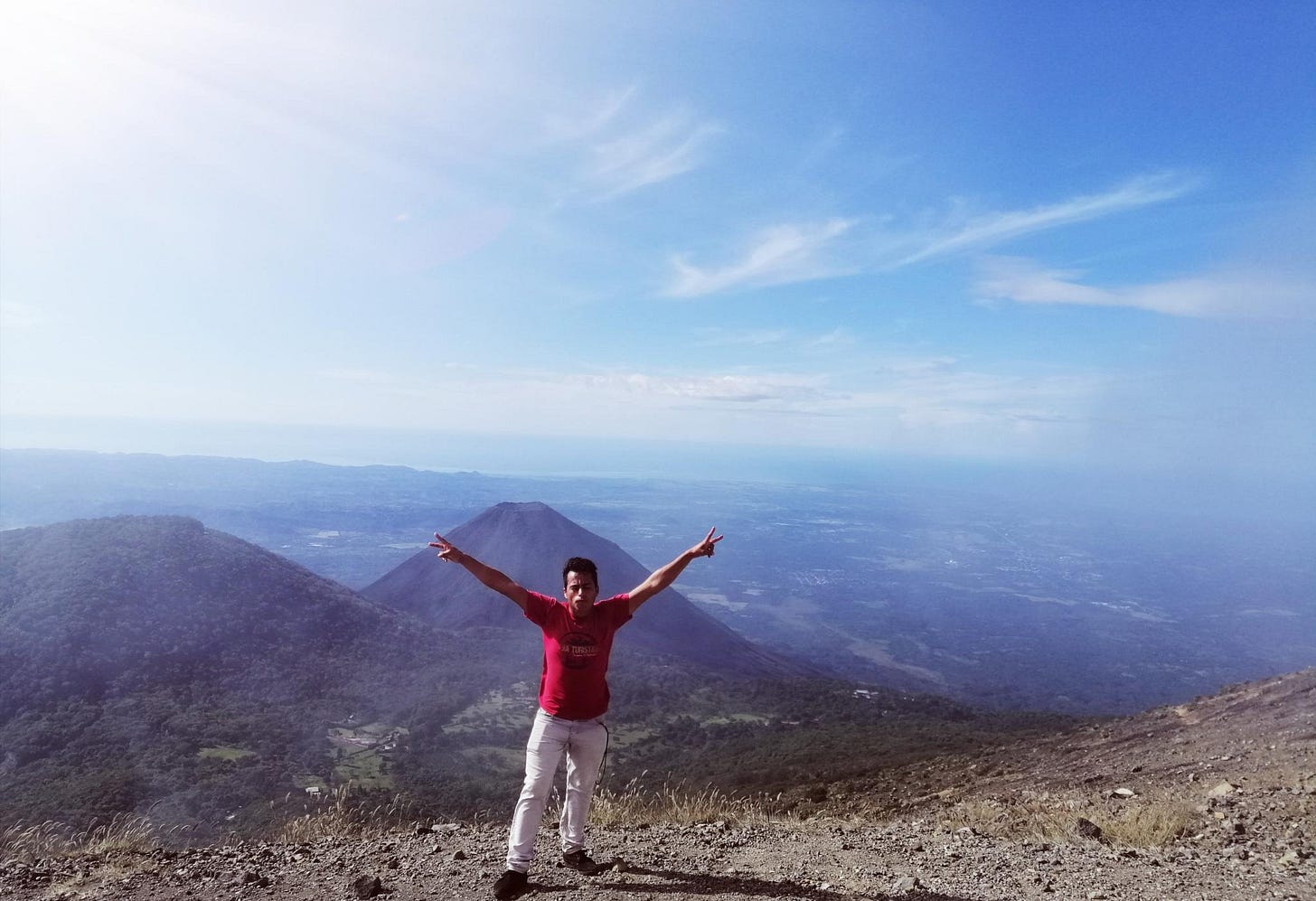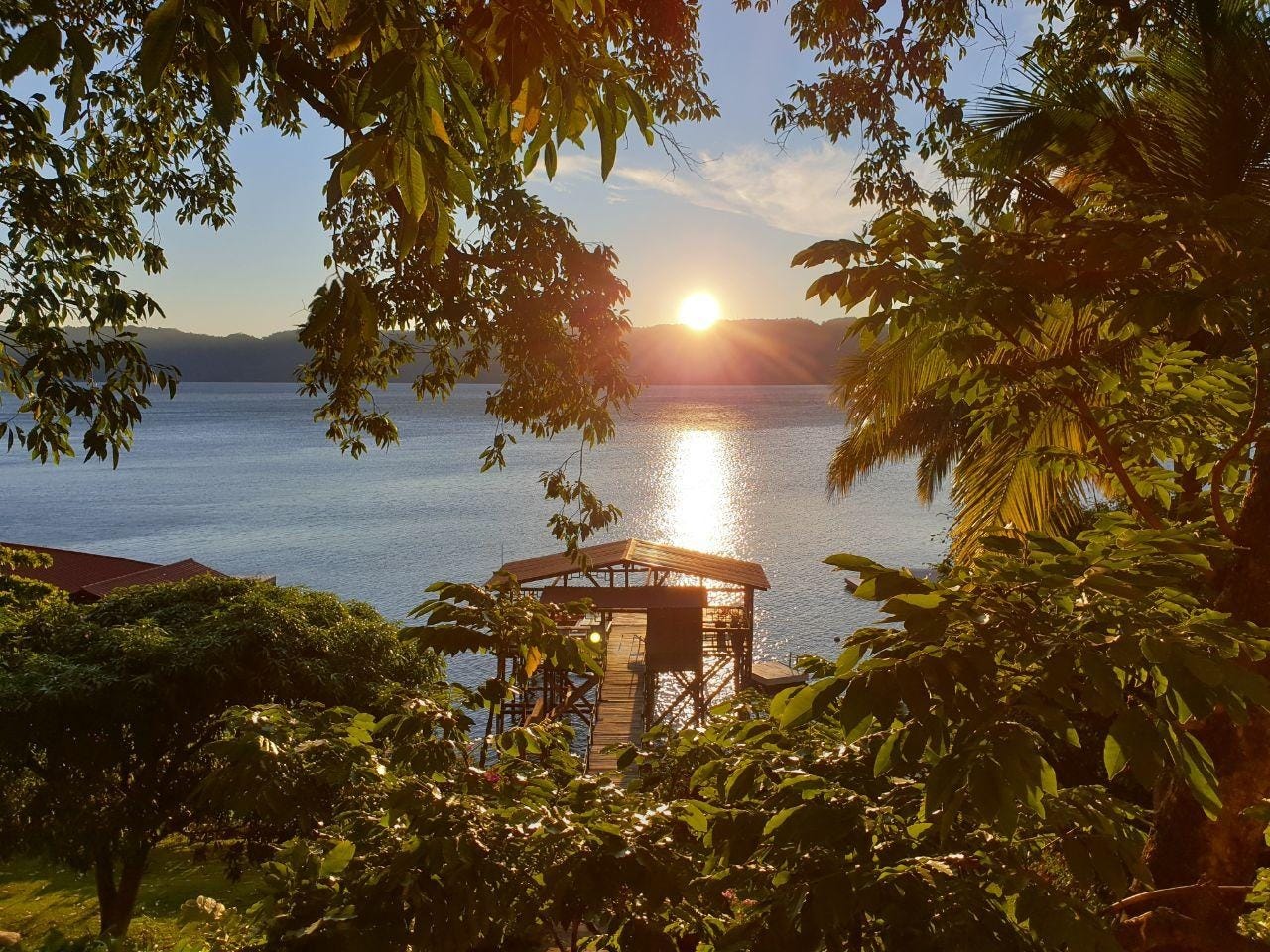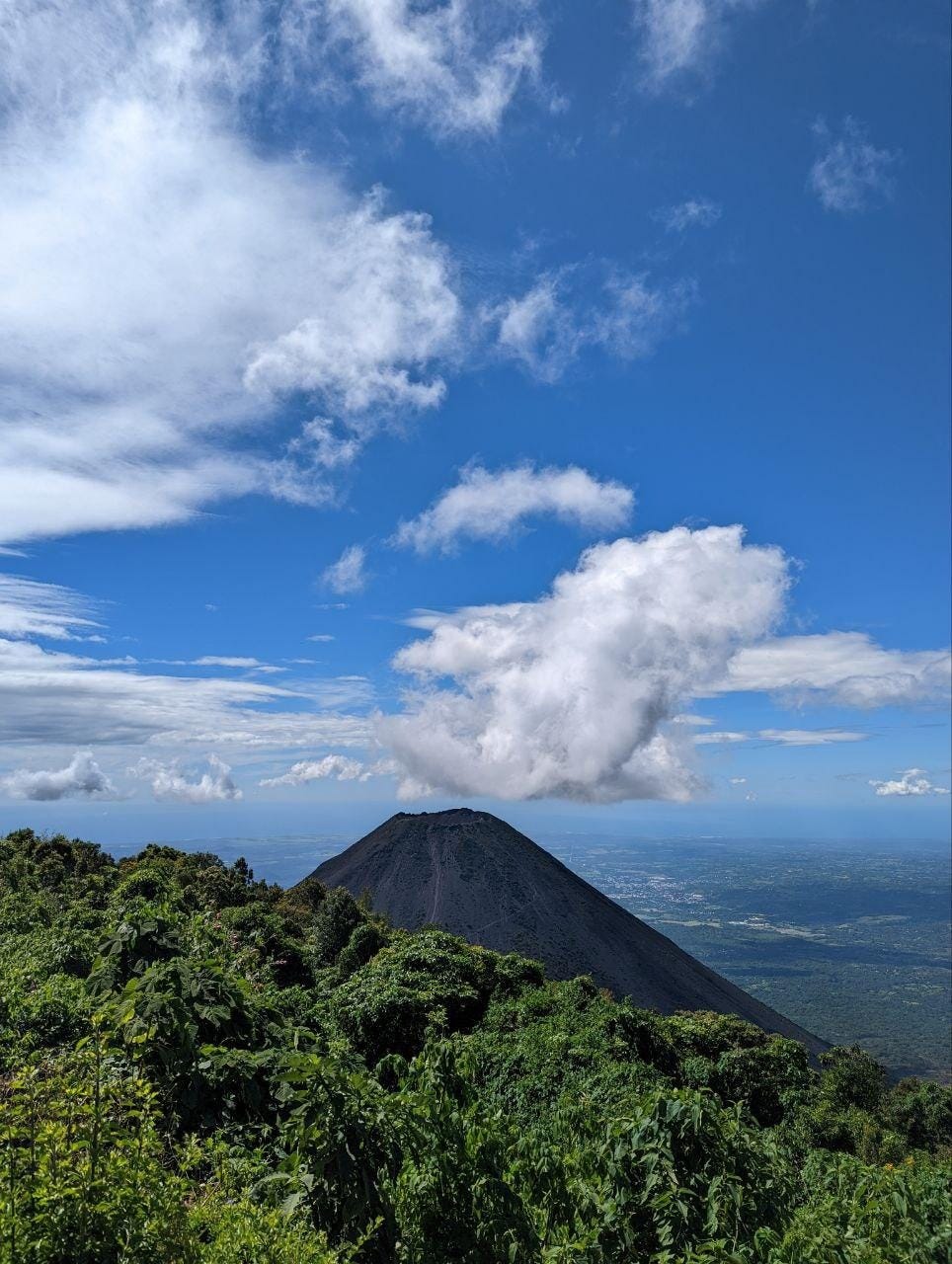El Salvador is the first sovereign state to accept Bitcoin as legal tender, in addition to the US Dollar. 2 months later, the country hosts Adopting Bitcoin, the Lightning conference in San Salvador, which gathers 700 participants from all over the world! We are happy to give a talk on the best practices for running a Lightning Node at this conference.
In this post, we will share our initial experience with Bitcoin in El Salvador.
We have only been in El Salvador for a couple of days. We have only seen a very tiny portion of the country. Our thoughts are far from being exhaustive or representative of the atmosphere of the country. Still, we thought it could be interesting to share the main takeaways from our initial journey here.
Can we pay in Bitcoin everywhere?
No.
Most small shops do not accept Bitcoin. After our airline lost our luggage, we went to El Congo mercado to buy some clothes and the local “tiendas” seem far from ready to accept Bitcoin.
Indeed, in a place where telecom signal is very low, it is hard to accept online transactions. But the main issue is that Bitcoin is complex. People there need more education to understand what it is and how it works before being able to accept it for payments.
Even some highly touristic restaurants with Wi-Fi do not accept Bitcoin yet. Why? Presumably because Bitcoin is political. Business owners against Nayib Bukele, El Salvador’s president who passed the Bitcoin Law, just do not want to hear about Bitcoin.
Some local big groups accept Bitcoin. We bought a SIM card with Claro and had the good surprise to pay our 3GB through the Lightning Network:
Some gas stations companies not only accept Bitcoin but give a 20% discount on gasoline price if you pay with Chivo wallet. Chivo is the official Bitcoin wallet promoted by Salvadorian authorities. Each Salvadorian who goes through the KYC process to activate Chivo gets a free $30 in Bitcoin. Nice incentive in a country where the minimum wage is $240! However, Chivo is controversial due to rumors about a database leak and the apparent difficulty to move funds to other non-custodial Lightning wallets.
Most international big corporations like McDonalds or Starbucks accept Bitcoin, as you may have already seen on Twitter.
What do the Salvadorians we met think about Bitcoin?
First, Salvadorians have no accent and do not speak fast, so even our rudimentary Spanish enables us to have fruitful conversations!
Thanks to a Bitcoin telegram group, we got in touch with Napoleon, a taxi driver who accepts Bitcoin payments. Napoleon did not know Bitcoin before the law passed, but he was quick to adopt it to attract international customers. To him, Bitcoin is just a normal currency. He has been worried about Bitcoin price decline in September, but he has since been reassured. He doesn’t like Chivo wallet because it is centralized and contrary to Bitcoin ethos. He prefers to receive payments on the non-custodial Muun wallet. He uses Chivo to receive payments but regularly transfers funds to Muun. Napoleon is trying to educate more and more people about Bitcoin through his association Mi Primer Bitcoin.
Napoleon drove us to our guest house in Lago de Coatepeque, a large crater lake surrounded by wooded hills, managed by Ana María. Ana María knows about Bitcoin, but to her, it is mostly used in El Zonte and El Tunco, the popular surf spots where Bitcoin Beach started, not in more rural parts of the country. She is confident that Bitcoin will eventually spread all around the country, though it will take time.
She is aware about the $30 Chivo wallet gift, but she has not installed the app because it seemed too complex. Our friend Antoine gave her her first Bitcoin class and helped her through the activation of her Chivo wallet:
Still, she preferred to be paid in US Dollar because she did not think any shop would accept Bitcoin where she lives.
The next day, we were lucky to go hiking on the volcanos with Gerson, the local Kilian Jornet. The 25-year-old has his Chivo wallet running to accept Bitcoin payments, which he mostly uses to pay his electricity and utility bills. He is happy that the Bitcoin Law brings more recognition to the country and that more and more tourists (Europeans in majority) are coming to his volcanoes:
Our hike has been organized by Tunco Life, the tourism company founded by Salva, a former web designer, who may be the nicest guy of Central America. He speaks perfect English and his company accepts Bitcoin:
He is interested in Bitcoin both from a payment and investment perspective. To him, most media are against Bukele, thus they rarely even mention Bitcoin. His tourism business has been hurt by COVID, so the Bitcoin-related influx of tourists is more than welcome to him. Salva plans to hodl his tips in Bitcoin and hopes that within 5 to 10 years he will be able to finally buy his own van to travel people around the country.
I want to go there. Is it safe?
There is violence, sadly, but it does not affect tourists. Of course, you should take elementary security precautions. And it’s best to book a guide with an agency like Tunco Life to travel around the country.
The weather is warm, without mosquitoes and there are very nice waves to surf all year long. Bitcoiners are lucky: the first country to adopt it is extremely beautiful!
Volcano hiking is amazing. There are 23 active volcanos in the country, which prevent hurricanes to hit the country. And much more volcanos are inactive and safe to hike. You can even do 3 volcanos the same day (perfect for a future trail running event there 😅):


Salva also took us to Chalchuapa, a small town with indigenous roots, and Concepción de Ataco, a sweet colorful town in the North of the country near the Guatemala border where you can find the best coffee and shop local crafts.
And we have not even been to the beach yet..
Now, time for the Adopting Bitcoin conference, that we will cover in our next post!
You can reach out to us on Twitter and Telegram.
Thank you for your support, let’s build the future of finance together!




